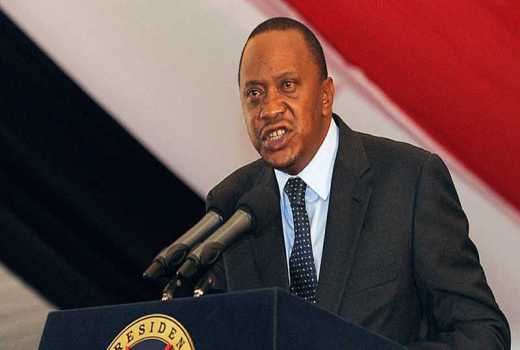×
The Standard e-Paper
Join Thousands Daily

President Uhuru Kenyatta’s Cabinet appointments was a culmination of record setting secrecy.
For the first time on Friday, the presidential speech was handwritten by the President himself. Only Deputy President William Ruto saw the contents of the speech because he was present in the President’s State House office when his boss put pen to paper.